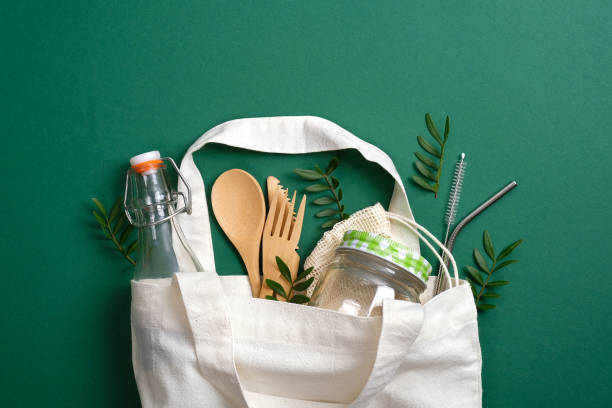Do you clean your reusable bags? Most likely not. But let’s face it: they are disgusting!! Disposable bags are fantastic, and yes, they can carry more than other bags, are stylish, and won’t break in half, making you look like an idiot at the end of the street with your smashed egg carton and spilled milk. Have you ever considered why plastic bags became so famous? One word is disposable.
Imagine your reusable bags as underwear. They must be cleaned as they carry a lot of bacteria and dirt and could eventually cause food contamination (I think you’d be transporting food items around inside bags).
Loading, take a moment to reflect on how dirt these items become! You can bring your cheese, meat, fruits, and vegetables in the same containers weekly.
They sit there, and you believe that they’re invincible. They aren’t. Gross. You’re probably shivering now! If you want to learn more about this research, here’s the link.
Make sure to look into Maker’s Clean’s line of high-end products. From microfiber cloths to Maker’s Mop, they offer a fantastic line of premium products that can help you improve your cleaning skills to a higher level!
Research has shown a high level of yeast, mold, and bacterial growth in bags that can be reused. If you keep meat in your bags, you might also be susceptible to E. coli or salmonella.
According to this research, an estimate states that only 15 percent of Americans clean their bags. What can the consequences of not washing your bags lead to? A raging case of food poisoning. Have you ever suffered from food poisoning? Are you aware of what happens in your body?
Okay, enough of the paranoia. Here are some suggestions that you could do to ensure they are healthy and free of germs:
Color the bags with a code for fish, meat, poultry, dairy, food preparation, and fruits. This can help prevent cross-contamination. It is possible to use bags from different stores instead of the color code or mark permanent labels on the bags to ensure easy separation.
Place all raw foods in plastic bags before putting them into the tote bag (doesn’t this sound like a contradiction to a no-plastic bag policy?).
Do not put bags inside the trunk. An experiment showed an increase in the temperature of the box is an ideal place to breed additional bacteria, in the range of 10 times the number of bacteria in less than 2 hours.
Nylon and fabric totes are simple: put them in the washer with your jeans or towels and let the machine complete the job. The smell, stains, and bacteria will be taken care of in the wash cycle.
When the bags are made of recycled plastics, fill the sink with hot water and add two tablespoons of dish soap and 1 cup hydrogen peroxide. Then, soak it over 15 minutes. The soap will wash away scents and dirt. The hydrogen peroxide will clean the bags and help remove the staining that is difficult to remove. Take the sink out and shake the suitcases to dry. Then hang them and let them air dry; they’ll dry very quickly. If you place these bags into the washer, the bags will begin to pill.
I believe it’s essential to be mindful of the environment. However, I must admit, when I look at the figures from this study, I’m a bit shocked that I carry these bags around and miss the convenience of plastic bags at the time (not to forget the no-cost bag for trash). I don’t wash my loads frequently, and evidently, much additional effort is required to keep these bags clean. But the time is shifting, and it’s the most ethical thing to do. I have to keep up with the times and wash my clothes!
What is the reason I should need the bags?
I’m located just away from Toronto, and Toronto has made a few changes to our shopping habits over the last year or more. The mayor was trying to get consumers off of their squandering plastic bag habits, and now we must pay 5 cents to buy plastic bags to buy groceries (known in the local language in the city as Bag Tax). The Bag Tax has become a controversy in Toronto not because it’s not an excellent environmentally friendly idea but because store owners can take 5 cents, and it’s an additional source of revenue for the store owners. Torontonians were initially told that the money would be used for other environmental initiatives, so people are outraged over the nickel-per-bag problem. The city doesn’t have a way to calculate the amount of money earned from sales on bags, and so puts it in the hands of the store owner to pay the cash (not taking place). City councilors are receiving several complaints from constituents due to this, and many people view this as a prank.
It is working to some extent since people across the Greater Toronto Area are using recycled bags and totes, as well as fewer plastic bags (and curiously, the sales of packaged kitchen garbage bags have suddenly increased). Businesses are handing these bags to promote their products (similar to Lulu Lemon), and grocers charge around a buck for you to purchase one. The story’s moral is to get involved in the political arena or open a shop in Toronto and make a lot of bags. Later, take a break in Hawaii. Also, wash your loads!

Leave a Reply